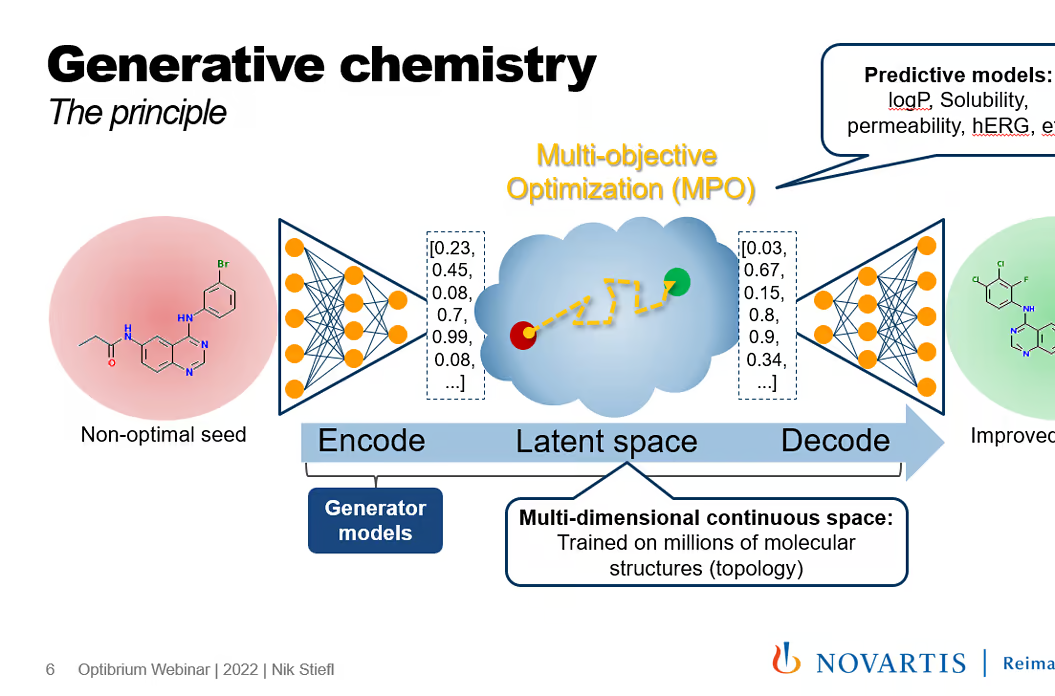AI-Driven Drug Discovery | 매거진에 참여하세요
AI-Driven Drug Discovery
#Pharma #AI #Speed #DrugDevelo #Clinical #GameChange #Experiment #Regulation
The Reality and Limits of AI-Driven Drug Discovery . Why Does Drug Development Take So Long?
On average, developing a new drug takes 10 to 15 years and costs over $1 billion.
Even after screening thousands of potential compounds, only one or two may ever get approved.
Most failures happen early when identifying disease targets or finding candidate molecules.
And once a drug enters clinical trials, many drop out due to side effects, poor efficacy, or unexpected patient responses.
This massive waste of time and money has long been the pharmaceutical industry’s biggest bottleneck. Now, AI is stepping in to change the equation.
Where AI Is Reshaping the Pipeline
1. Target Discovery
Before: Years of lab-based biology research.
Now: AI analyzes genomic data and research papers to rapidly identify promising protein or genetic targets.
2. Molecule Design
Traditional: Randomly screening chemical libraries.
AI-driven: Generative chemistry models design new molecules directly.
Example: Insilico Medicine designed an AI-generated molecule that progressed into animal testing.
3. Clinical Trial Optimization
AI sifts through patient data to predict who is more likely to respond to a drug, lowering trial failure rates and saving costs.

Notable Case Studies
Insilico Medicine
AI-designed fibrosis drug candidate entered Phase 2 clinical trials (2023) — the first AI-generated drug to reach this milestone.DeepMind AlphaFold
Predicted 200+ million protein structures and released them publicly (2022), accelerating drug research exponentially.BenevolentAI
Specializes in drug repurposing. During COVID-19, its AI flagged baricitinib as a promising treatment, later approved for emergency use.
Industry Impact and Investment
Big Pharma has taken notice. Pfizer, Novartis, AstraZeneca, and others are partnering with AI startups.
In 2024 alone, over $6 billion poured into AI-driven drug discovery companies.
The phrase “AI-First Pharma” is gaining ground, as research teams now integrate AI engineers as a standard part of the process.
The Roadblocks That Remain
Experimental Validation
AI suggestions still require lab testing and human trials. There’s no such thing as a 100% guaranteed AI-designed success.Data Quality
Medical datasets are often biased, incomplete, or inconsistent — leading to skewed AI predictions.Regulatory Uncertainty
Agencies like the FDA and EMA are still working on specific approval guidelines for AI-designed drugs.Overhype
Media often paints AI as an instant cure-all. In reality, AI reduces time and cost, but does not eliminate risk or failure.
Conclusion: A Game Changer, Not a Magic Wand
AI is undeniably transforming pharma:
- Faster target discovery
- Automated molecule design
- Smarter clinical trials
But scientific validation and regulatory hurdles mean AI remains a powerful co-pilot, not yet a replacement for the full pipeline.
In the next decade, AI will likely cement its role as a booster engine for drug development.
And perhaps, someday, we’ll witness the first medicine fully designed from start to finish by AI alone.






